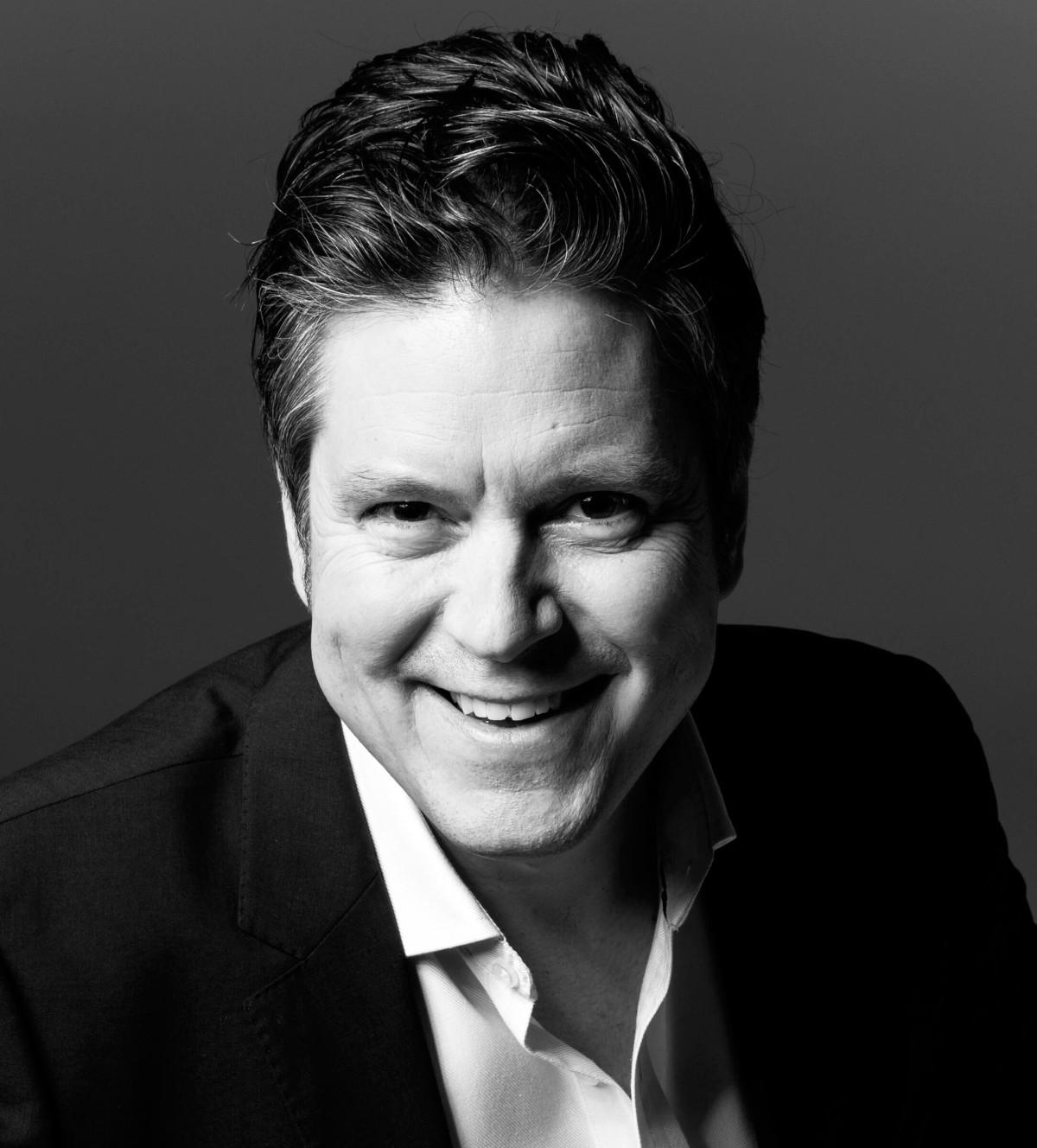
The pandemic has led to many companies in the aviation aftermarket putting pre-crisis plans on hold, including UK-based wheels and brakes specialist World Aero. Phil Randell, the company's owner and CEO, details how some customer demand will change and where it will look at long-term expansion.
How has wheels and brakes repair demand been impacted by COVID-19? What effects did the business see in 2020/21?
Despite the very effective and continued roll out of the vaccination against COVID-19, borders beginning to open and domestic travel very slowly returning to the skies, we aren’t expecting to return to pre-pandemic levels of servicing requirements for a further year, possibly even two. Whilst it feels much more like there is light at the end of the tunnel for the airline industry at present, there is still much uncertainty about when and how quickly we can expect things to revert to where they were, if they do. Flexibility, preparation and the right skill-set will be crucial to ensuring World Aero is in a position to react accordingly to our customers’ needs.
How do you think the UK MRO landscape will alter post-crisis?
The answers above reflect areas that World Aero will be paying particular attention to – we foresee the UK MRO industry re-shaping along some of these lines to be more reactive, even more flexible, and in some cases even more supportive of airline customers’ ongoing requirements to keep costs down. There will also be a need to repair older brake units rather than scrap especially as some of the older narrowbodies keep flying – we might see previously disappearing skillsets coming back too.
Do you foresee any capacity challenges as a result of any market upturn post-crisis?
Uncertainty is definitely an issue for all areas of the airline industry at present. There is no doubt there’s an appetite and significant pent-up demand for leisure travel but this is very much inhibited by where and when people can and will be prepared to travel. Airlines are therefore having to try to predict the potential possibilities without much insight. We can therefore expect the continuation of ever-changing and disruptive schedules for some time to come. Ensuring we remain flexible, available and reactive for our commercial partners remains key. The demands of World Aero’s corporate customers have remained more consistent than those of our commercial partners and are relatively unaffected by planning and schedule changes. Whilst volumes have been reduced from some customers, we’ve seen the opposite from others. By nature of our business model, we are in the fortunate position to be able to upscale our business very easily, as and when demand increases.
Going forward, how will the business adjust in a changed industry?
To a degree World Aero’s business development plans have been placed on hold during the pandemic. Our focus has very much been about protecting our team, supporting our customers and weathering the storm.
That said, it has been an opportunity to focus on setting our objectives in the short and longer term, reviewing our processes and realizing our growth plans for the future. Plans are flexible but the end game remains the same and with or without the pandemic, this hasn’t changed. Installing a simple but effective structure with modest overheads, yet without shareholders and investors with differing needs and demands, remains at the center of the World Aero plan. Expansion and enhancement of our current facility to improve efficiencies in the future is still on the cards, albeit on hold for now.
What are you optimistic about post-crisis?
We could never have predicted the devastating effect the pandemic has had across the world and continues to do so, but we are positive about the future. Slowly we are starting to see our customers return and work begin to ramp up. It’s inconsistent and still unpredictable but we feel our customers are taking a more structured, rather than ad hoc approach to servicing support. This fits with our business model and where we very much see the future direction of World Aero heading.
